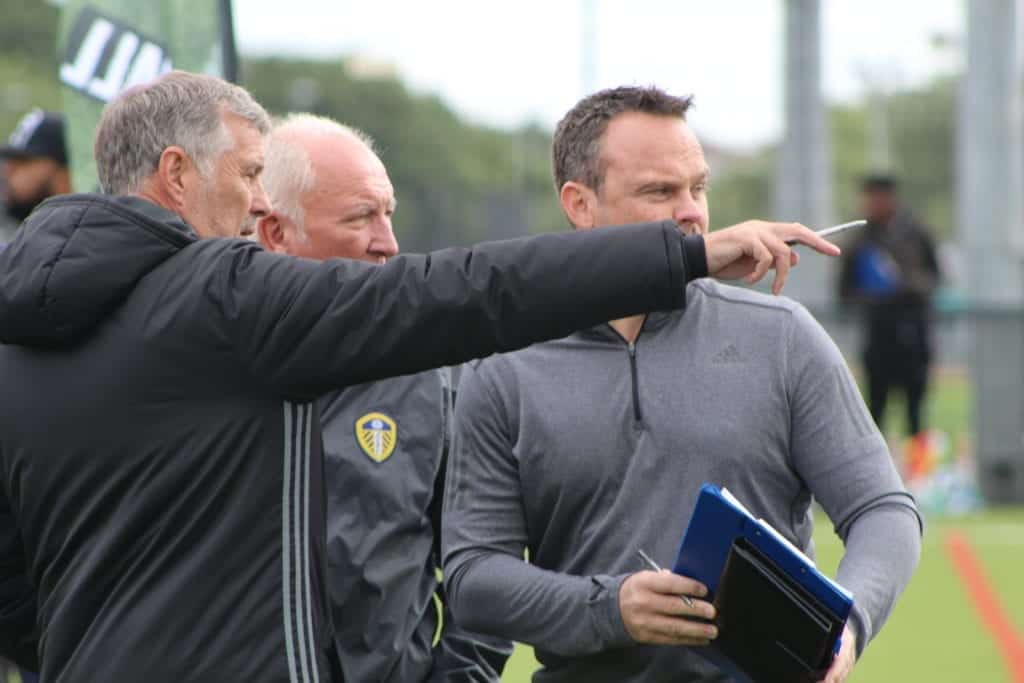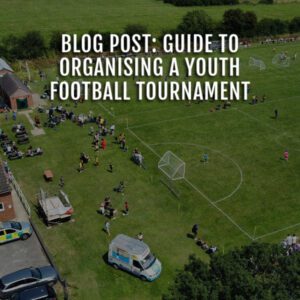
The Code of Conduct for Football Scouts – Guidance for Grassroots Football
Football Scouting is big business. There is a huge network of football scouts across the UK who attend grassroots football games seeking to identify the next generation of talent, but how is this regulated, and what is the Code of Conduct?
- Professional Club Scouts (sometimes referred to as Recruitment Officers in the Premier League) should identify themselves to the Club Managers / Officials at the start of a game or training session if they are there to scout for players.
- Always challenge any unidentified or suspicious adults observing matches and ask about their involvement with the game.
- If a person identifies themselves as a Club Scout always ask to see their identification, if they are unable to provide any identification ask them for their name and the person at the Club who they formally report to.
- If they cannot provide identification or contact details for verification and choose to stay at the game / training session ensure that they are not left on their own.
- If you have any reason to be suspicious of their actions or intent contact the Club for verification of the ID where it has been given; where there is no ID you may wish to ask them to leave or contact the police.
- Report as soon as is realistically possible to your County FA Welfare Officer the name of the individual who has claimed to be a Scout, and the Club that they claimed to be working, for, where no identification has been provided or where you have reason to doubt the validity of the ID.
Code of Conduct for Scouts
- The function of a Scout is to identify to his Club players with whom his Club may wish to enter into negotiations with a view to securing their registration. Scouts are not themselves entitled to enter into any such negotiations nor are they able to make promises to or offer inducements to any players whom they approach.
- Scouts are employed by and represent their Clubs and are Officials within the meaning of the Rules of the F.A Premier League (“the Rules”) by which they are bound.
- Scouts must therefore be familiar with the Rules and in particular Section N relating to Youth Development. They must maintain an awareness of and at all times comply with the Rules setting out the circumstances in which their Club may make an approach to a Player or Student (as defined in the Rules) whose registration is held by another Club.
- When acting in the course of his duties a Scout shall at all times carry the formal means of identification issued to him by his Club and shall produce the same upon demand.
- Scouts are responsible for the conduct of their contacts and shall be liable for any act or omission by a contact which constitutes a breach of the Rules.
- Scouts shall conduct themselves in a manner befitting their role as Officials of their Clubs and shall take all possible steps to promote the reputation of the game of association football and to prevent it being brought into disrepute.
- A Scout shall forthwith disclose to his Club the nature and extent of any direct or indirect interest he may have in any transaction or arrangement involving his Club and he shall account to his Club for any benefit which either directly or indirectly he derives therefrom.
- A Scout shall conduct himself at all times in an ethical and professional manner and shall observe the highest standards of integrity and fair dealing.
Scouts should:
- Be employed / have volunteered through a rigorous recruitment process which would include an enhanced CRB & references.
- Have completed the FA ‘Safeguarding Children and Young People in Football’ workshop.
- Follow the football governing bodies’ regulations, also know and understand the rules.
- Be registered with the Football League through the YD3 form.
- Promote and enhance the club image and demonstrate club loyalty.
- Have a job description / role specification dependent upon their employment status within the club.
- Understand and follow club recruitment induction protocols, and codes of conduct.
- Be issued with and wear Club ID badge, with a photograph, this should be renewed every season and state the current season. (ID badges should be removed from any scout who is no longer involved with the club)
- Be empathetic to all aspects of grass-roots football – approach managers / officials at matches explain that they are observing and introduce themselves, identifying who they are and which club they represent.
- Understand the talent requirements of the club they represent and have knowledge of children’s technical and physical development.
- Always be honest and realistic with parents and players.
- Receive some supervision by the club appropriate to the role and time employed / volunteering with the club. Stay in contact with the club, and deal with required paperwork.
- Attend club meetings and training when required by club.
Scouts should not:
- Abuse their position
- Make unrealistic promises to children, parents, or club managers.
- Observe games without introducing themselves to the officials at the match.
- Promise trials at clubs without the permission / agreement of the club.








